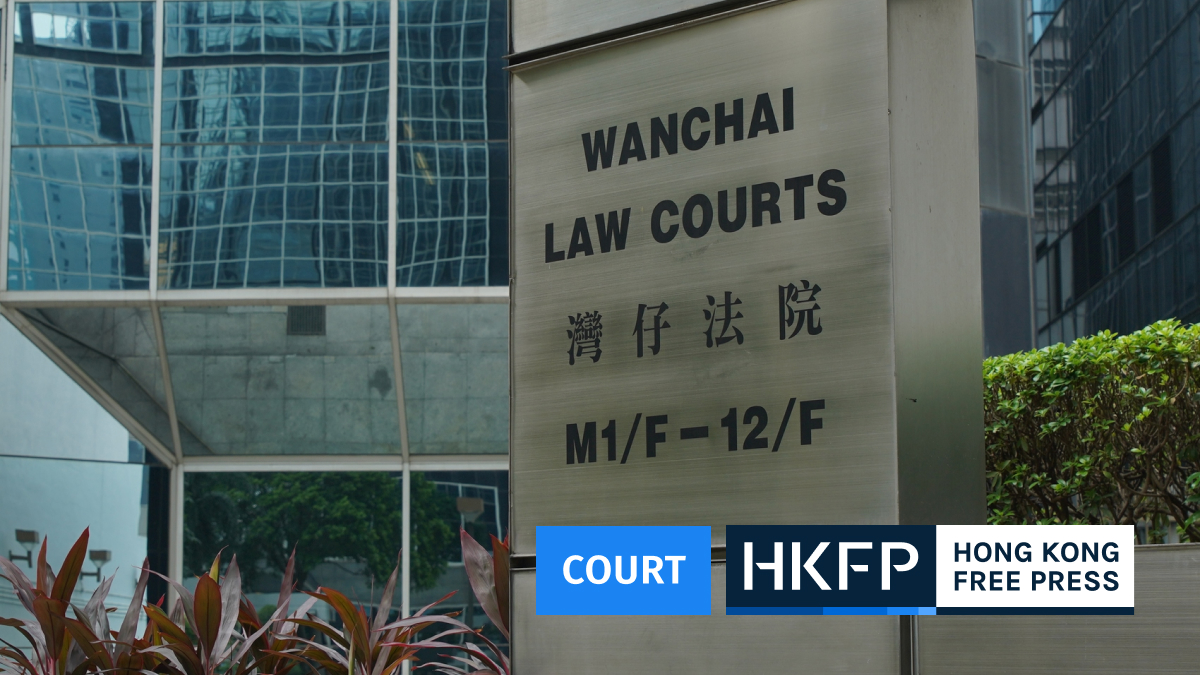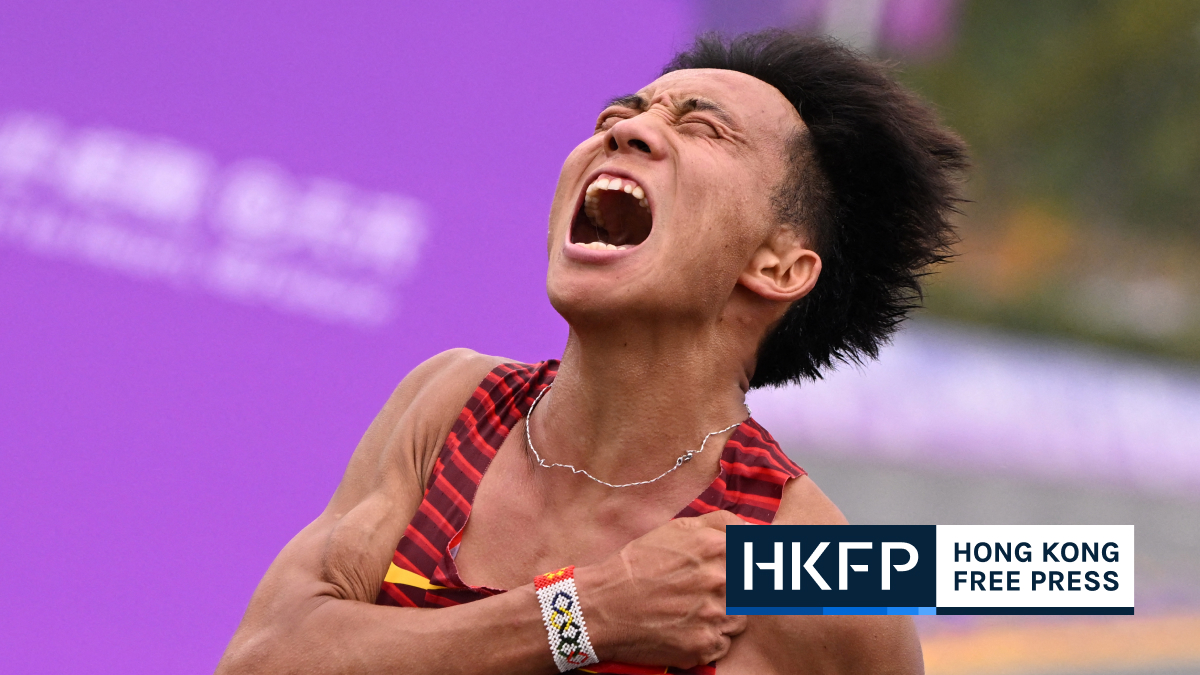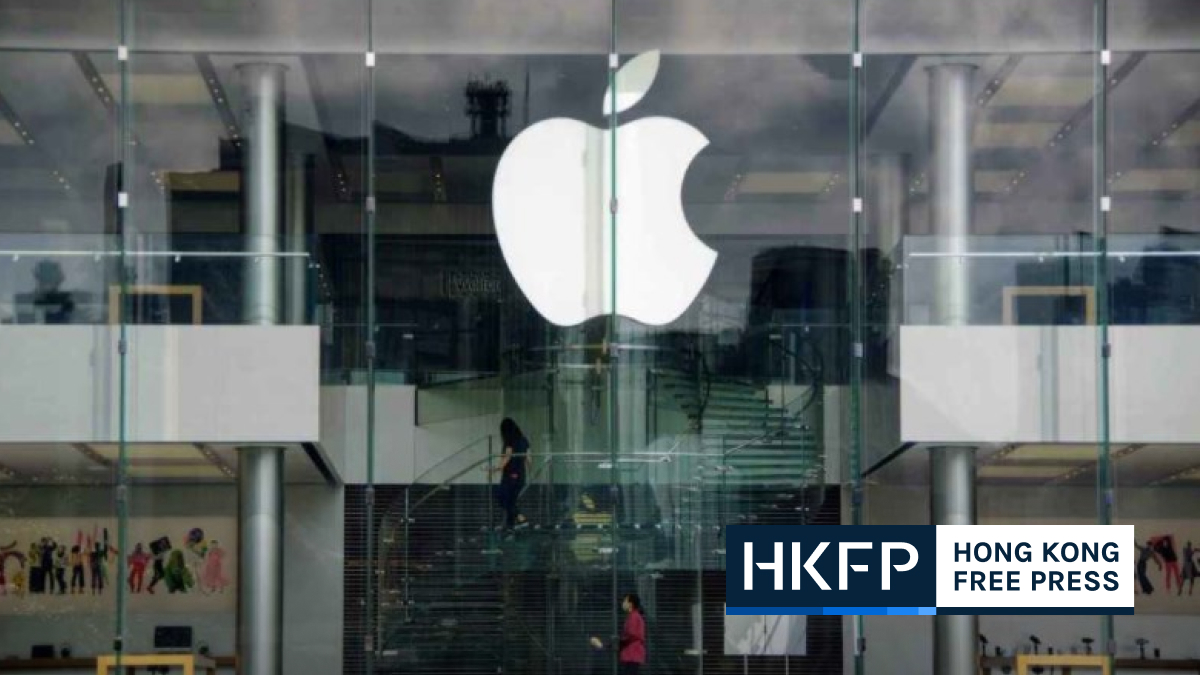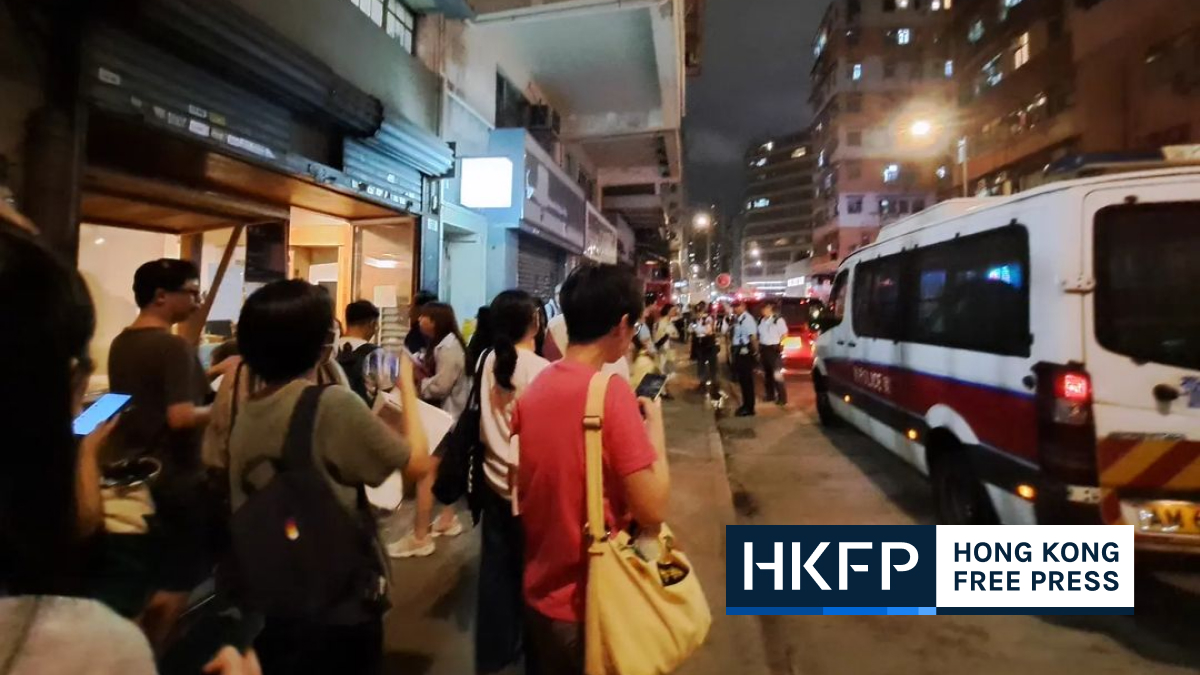A prominent international media watchdog says press freedom in Hong Kong is in “free fall,” as it voices concern over the increasing sophistication with which the Chinese Communist Party carries out media censorship.
Reporters Without Borders’ (RSF) latest report on China, entitled “The Great Leap Backwards of Journalism in China,” was published on Tuesday and contains a dedicated a section on Hong Kong with the title: “Hong Kong: Press Freedom in Free Fall.”
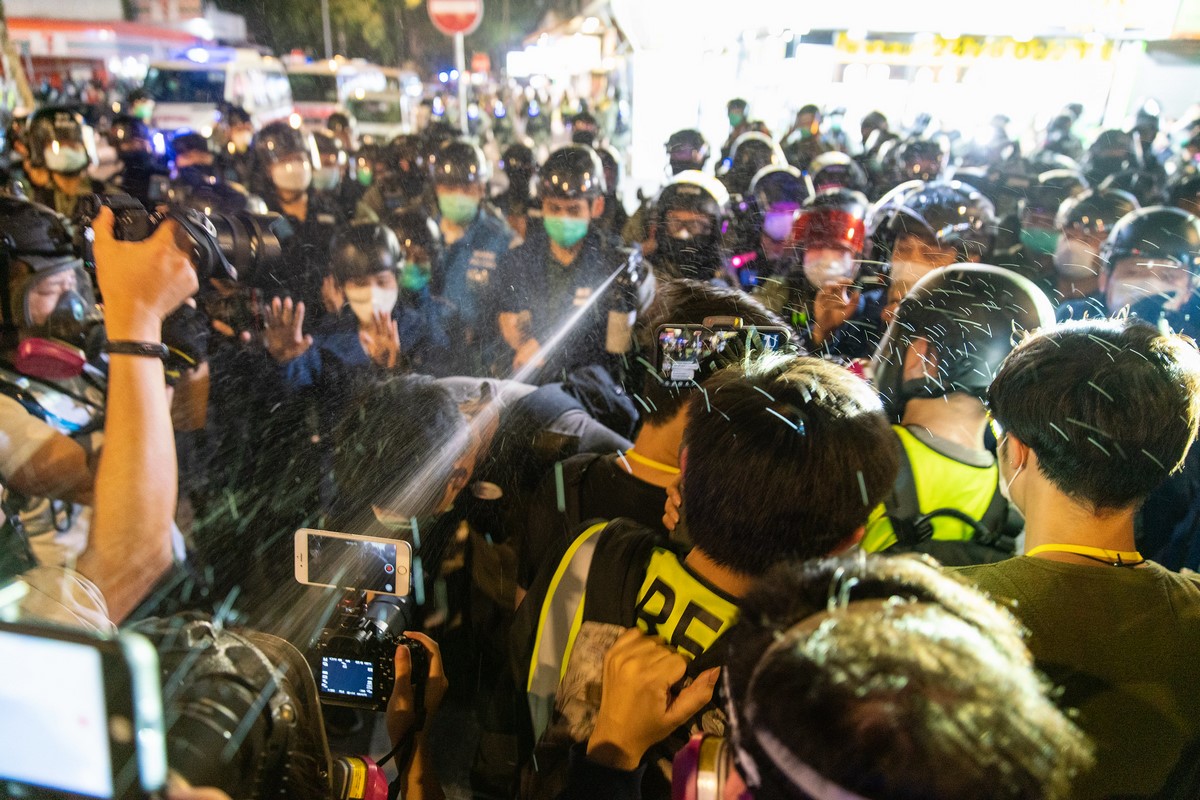
“The repression no longer spares Hong Kong, once a champion of press freedom, where a growing number of arrests are now conducted in the name of national security,” Christophe Deloire, Secretary General of RSF, wrote in the foreword of the report.
It highlights the Beijing-imposed national security law as “a crackdown on independent media” in the city, saying it “gave the Hong Kong government a pretext to prosecute at least 12 journalists… and to shut down Apple Daily, the territory’s largest Chinese-language opposition newspaper.”
Apple Daily founder Jimmy Lai and former staff journalists of the newspaper, Claudia Mo and Gwyneth Ho Kwai-lam, together with freelance reporter Wilson Li Chung-chak, were described in the report as “victims of the National Security Law.”
“In order to please the Chinese regime, Hong Kong’s chief executive, Carrie Lam, targets symbols of press freedom such as public media group RTHK (Radio Television Hong Kong) and turns a blind eye to the violence on journalists,” RSF added in the report.
Police violence and mob attacks were mentioned as examples of the physical violence reporters in Hong Kong faced. The report included the case of Veby Mega Indah, who permanently lost sight in her right eye after being hit by a rubber bullet, and Gwyneth Ho with three other journalists, who were assaulted in the 2019 Yuen Long Attacks.
The report also mentioned Citizen News, InMedia, StandNews and Hong Kong Free Press as examples of local outlets which are bucking the trend and resisting censorship.
Technology ‘engineered for repression’
“This ‘great leap backwards’ of journalism in China is all the more terrifying given that
the regime has immense financial and technological resources to achieve its goals,” the foreword of the report said.
RSF said Beijing was taking advantage of technology breakthroughs to tighten its control and surveillance over information.

The report also mentions the successful development of an AI text censor system announced in April, which was said to be “able to learn on its own and adapt to changes in the language of internet users.”
Since 2019, in order to renew their press identifications, Chinese journalists were forced to download the app “Study Xi, Strengthen the Country”. According to the report, a German cybersecurity firm revealed the app to have the capability to spy on the users.
“By equipping itself with unprecedented technological means, the Chinese Communist Party has set out to build a model of society in which access to information is no longer a right, but a crime,” the RSF report said.
Exporting the Chinese narrative
The watchdog warned democracies that China was successfully exporting its media model to the rest of the world.
RSF said media developed by China has “succeeded” in reaching an international public, citing Chinese state-owned CGTN broadcasts TV programmes’ availability in more than 160 countries, and China Radio International’s broadcasts in 44 languages.
Apart from increasing the exposure of state media, RSF found Beijing was paying effort to impose the “China Story” on different fronts, including social media propaganda campaigns and strategic inserts in leading international papers.
The report cited a joint investigation by the New York Times and ProPublica revealing a propaganda campaign, which includes more than 3,000 YouTube videos portraying Uyghur people’s lives in the Xinjiang Autonomous Region “in a suspiciously positive light.”
RSF 2021 China Report: The Great Leap Backwards of Journalism in China by HKFP on Scribd
RSF said China has invested heavily to make editorial supplements appear in major foreign papers like the Wall Street Journal of the US, the Daily Telegraph in United Kingdom, and Le Figaro in France, via a think tank and publication named as China Watch.
The report summarised other tactics deployed by the Chinese regime to spread its narrative as well, including exerting pressure via diplomats, disinformation campaigns and making use of internet trolls and foreign influencers.
At the end of the report, RSF called for democratic countries to implement regulations and sanctions to ensure all media from any country are subjected to the same obligations, “concerning in particular the honesty, independence, and pluralism of information and respect for human dignity.”
Support HKFP | Policies & Ethics | Error/typo? | Contact Us | Newsletter | Transparency & Annual Report | Apps
Help safeguard press freedom & keep HKFP free for all readers by supporting our team

LATEST FROM HKFP
HKFP has an impartial stance, transparent funding, and balanced coverage guided by an Ethics Code and Corrections Policy.
Support press freedom & help us surpass 1,000 monthly Patrons: 100% independent, governed by an ethics code & not-for-profit.




